
 |
| Industrial wastes salvaged from waters in Yueqing Bay. |
In another environmental setback, China's national broadcaster CCTV reported that more than 80 percent of the waters off the East China Sea outside Zhejiang Province were polluted by constant industrial discharge.
CCTV quoted experts as saying the polluted waters were threatening the local fishing industry.
Zhengjiang has a coastline that stretches 6,500-kilometer long with nine natural bays spread over 20 square kilometers. However, its water quality was worse than Grade IV - the lowest of a four-scale system, according to the 2012 China Environment Report issued by the Ministry of Environment Protection.
The water of the offshore areas of the East China Sea ranked the worst of China's four major seas.
Xu Jianping, a researcher at the State Oceanic Administration, said the copper in the sediment around Xiangshan Port, Yueqing Bay and on the mouth of Jiulongjiang River had exceeded the standard by 41, 50 and 25 percent, respectively, while the waters on the mouth of the Yangtze River and Hangzhou Bay were battling an abundance of cadmium.
CCTV said fishermen in the waters off Yueqing Bay near Zhejiang found the once rich source of seafood in the area dry out due to serious pollution.
In 2012, Yueqing was one of the eight heavy metal pollution zones sensed by the authority.
According to a 2009 test on shellfish in six counties in Yueqing, 66.7 percent of shellfish suffered from at least three kinds of heavy metal pollution. That indicated that most of the water in Wenzhou City had been polluted by petroleum hydrocarbons, cadimium, lead, arsenic, DDT and copper, Xu said.
Many local fishermen did not touch local seafood for years.
Fishermen said the wastes dumped by industries, including power plants, ship manufacturing dock and chemical companies, find its way into the bay.
Fisherman Ying Tonghua said it was hard to fish in Yueqing Bay. He said he could hardly catch any big fish even after sailing off the shore for more than six hours.
After heading into deep sea, Ying could only catch water moths, some small yellow croakers and small crabs. Few years ago he would throw them back into the water but now brings them home to make up for the cost of diesel.
According to the national standard, the water quality of an aquatics breeding area should not be worse than Grade II.
In a test in 2011, the inorganic nitrogen in the waters of Yueqing Bay was 3.42 times higher than standard while inorganic phosphorus was 1.72 times overproof.
The pollution not only threatened the offshore fishing industry but the inshore cultivation as well, according to Huang Zhuxian, a shellfish farmer at Dongmen Village in Yueqing.
Huang said he used to earn about 20,000 yuan per mu, or 667 square meters, every year but now he barely manages to raise anything in his mud flat. He has lost 300,000 seedings earlier this year. He said most harmful was the waste metal and materials from an iron ore plant that piled up in his mud flat.
Besides seafood, local agricultural crops were also affected as residents believed the land was polluted as well.
Zheng Haifei, a farmer in Dongmen, did not eat seafood and was cautious of the crops as well, as the crops and vegetables were irrigated with the water from the upper stream. Huang said the local rice crops had failed as well.
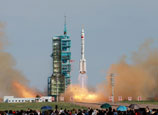
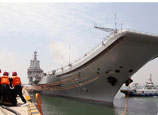
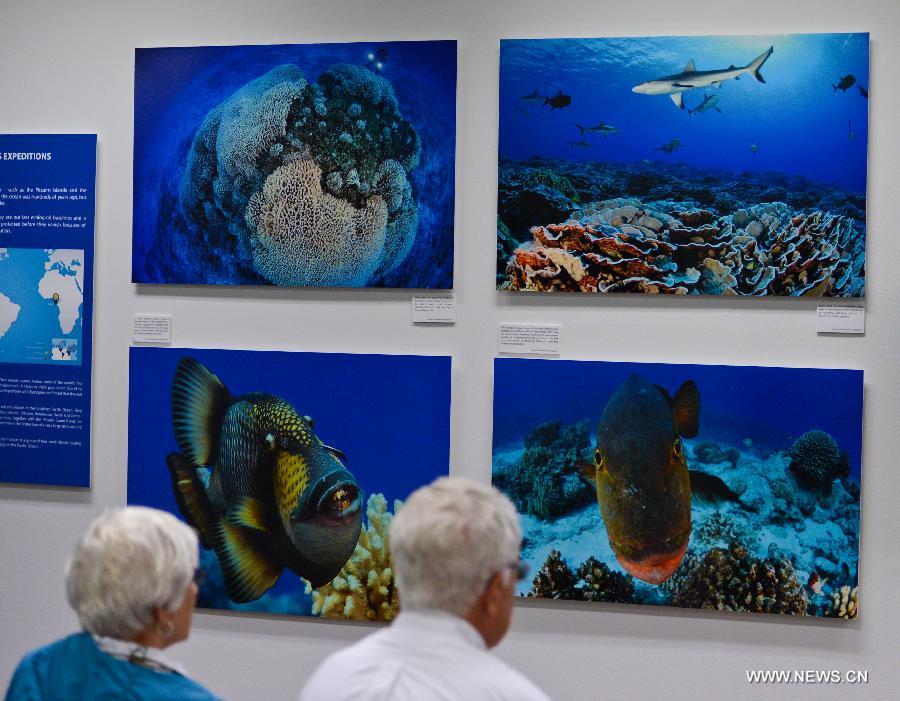

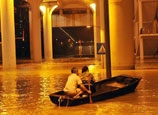
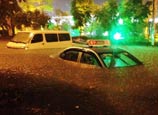
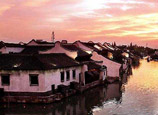


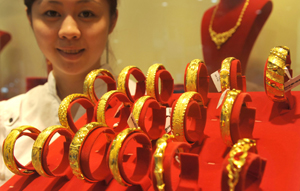








![]()
